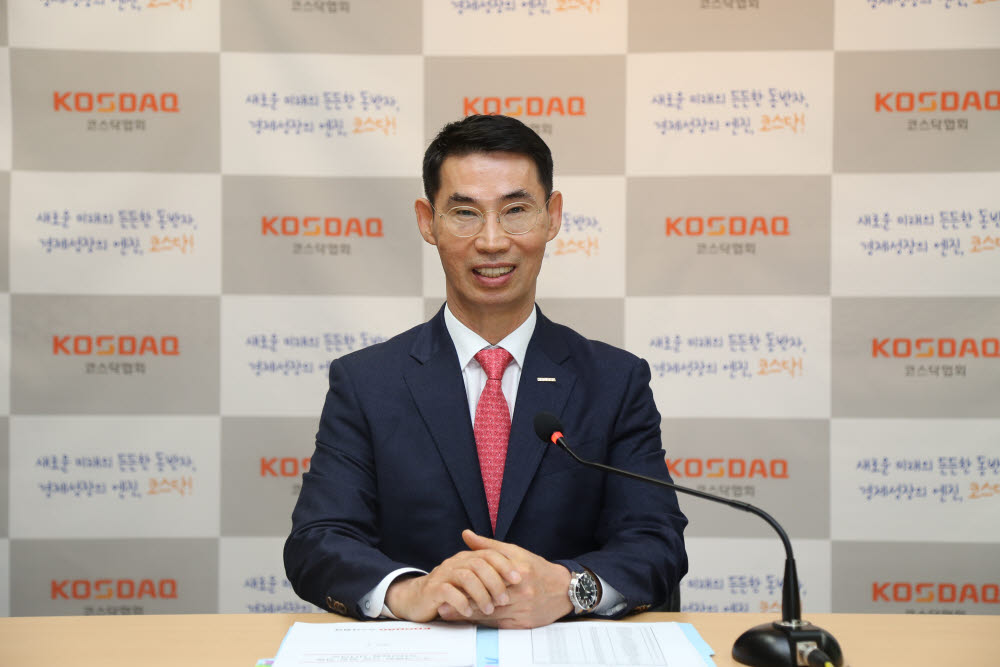
Ahead of the resumption of short selling on May 3, Jang Kyung-ho, the new chairman of the KOSDAQ Association, suggested that short selling should be limited to the top 30 companies in the KOSDAQ market capitalization or KRX300 constituents.
Chairman Jang Gyeong-ho emphasized at a meeting to commemorate the inauguration of the new chairman of the KOSDAQ Association on the 16th.
He added, “As the KOSDAQ market is centered on individual investors, the distortion of corporate value and malicious market disruption caused by short selling can result in a number of damages to investors.”
The Financial Services Commission decided in February to lift the ban on short selling, which was temporarily applied due to the Corona 19 incident, from May to only the stocks consisting of KOSPI 200 and KOSDAQ 150. Short selling is an investment technique that first borrows and sells stocks, and then buys them back at a cheaper price when the stock price goes down and repays the stocks to make a profit.
Opinions have been continuously raised that if short selling resumes, the KOSDAQ market, which is smaller than the KOSPI, may weaken investment sentiment and cause price adjustments. In order to minimize the market shock, Chairman Jang argues that stocks that can be short-selled in the KOSDAQ market should be further reduced.
Chairman Jang emphasized that various incentives, including tax benefits, should be prepared to revitalize the KOSDAQ market and increase the KOSDAQ index. The purpose is that a driving force is needed to attract unlisted superior companies to the KOSDAQ market.
Specifically, △Introduction of a business loss reserve system for newly listed SMEs △Expand tax credits for R&D expenses including overseas patent applications △Expand the channels for listing on the KOSDAQ market △Introduce a management right defense system △Resolve excessive regulations on listed companies △Institutional investors invest in KOSDAQ Expansion △ Tax benefits for long-term stock holding were suggested as a plan.
Chairman Jang said, “Compared to the KOSDAQ market, KOSDAQ is subject to a lot of regulations, such as a system for designating investment-oriented items, which is a discount factor.” “Improving the listing, trading, and disclosure system, and providing various incentives such as lowering corporate tax when listing on the KOSDAQ. Reverse discrimination against the market should also be resolved.”
In addition, the KOSDAQ Association will listen to the difficulties of member companies arising from the enforcement of the External Audit Act and actively suggest system improvement to the government authorities. When the law is implemented, all listed companies must conduct an audit of their internal accounting management system from 2023, but most KOSDAQ companies have difficulty in responding by themselves due to the shortage of human resources and costs. The association plans to promote a plan to exempt small and medium-sized enterprises (SMEs) under a certain size by holding seminars at the National Assembly.
According to the KOSDAQ Association, the total sales of KOSDAQ companies are about 141 trillion won, accounting for about 12.6% of gross domestic product (GDP). The total export amount of KOSDAQ companies is about 74 trillion won, accounting for 11.7% of the total domestic exports, and the proportion is constantly increasing. The job creation effect reaches about 320,000 people.
Reporter Hyungdu Lee [email protected]
